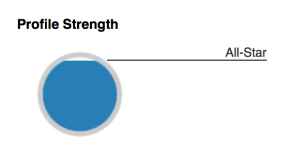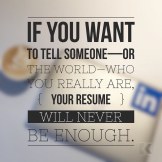
Living, working, eating, breathing and sleeping on the web
Created by themarketingfresher with Canva.
As a curriculum innovation module I didn’t really know what to expect from Living and Working on the Web.
Continue reading →










